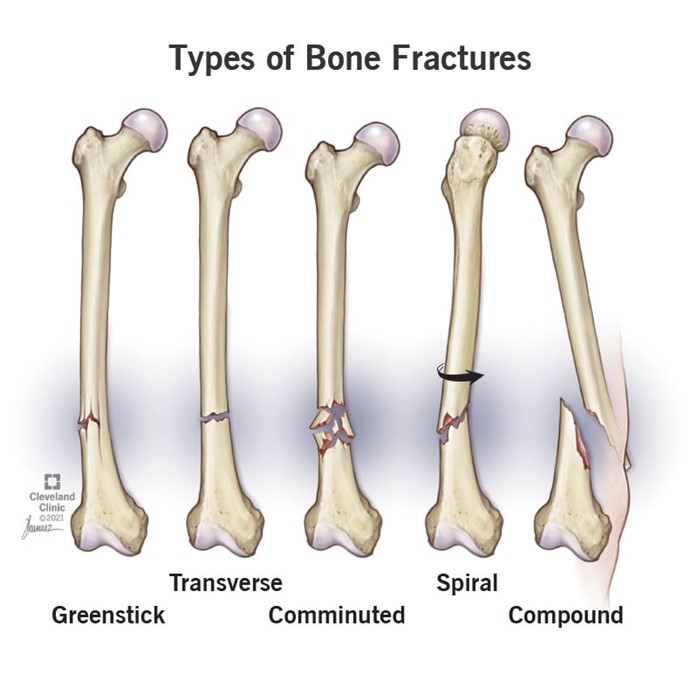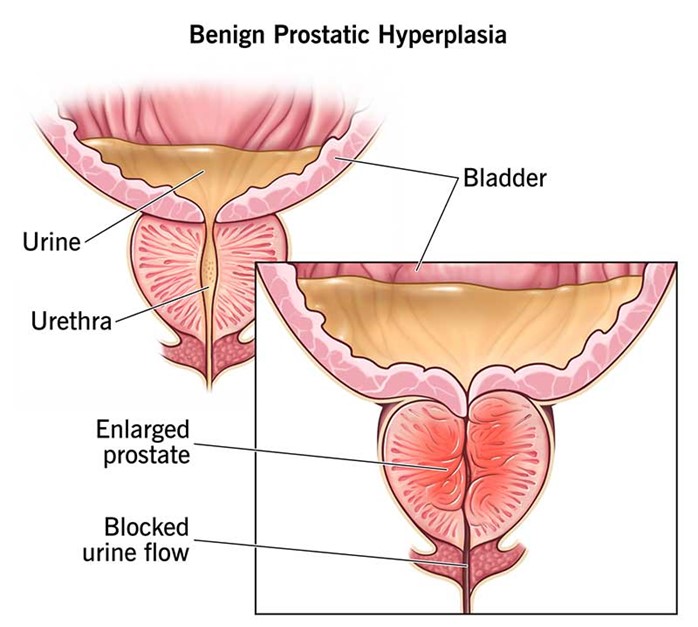A nurse is teaching about nutrition to a client who has a new diagnosis of chronic kidney disease. Which of the following recommendations should the nurse include in the teaching?
Increase phosphorus intake.
Increase potassium intake.
Limit protein intake.
Limit calcium intake.
The Correct Answer is C
Choice A reason: Increasing phosphorus intake is not advisable for clients with chronic kidney disease, as they may have hyperphosphatemia, a condition of high phosphorus levels in the blood. Hyperphosphatemia can cause bone loss, calcification of soft tissues, and itching.
Choice B reason: Increasing potassium intake is not advisable for clients with chronic kidney disease, as they may have hyperkalemia, a condition of high potassium levels in the blood. Hyperkalemia can cause muscle weakness, numbness, tingling, and cardiac arrest.
Choice C reason: Limiting protein intake is advisable for clients with chronic kidney disease, as protein metabolism produces urea, which is excreted by the kidneys. High protein intake can increase the workload and damage of the kidneys, and cause uremia, a condition of high urea levels in the blood. Uremia can cause nausea, vomiting, fatigue, and mental confusion.
Choice D reason: Limiting calcium intake is not advisable for clients with chronic kidney disease, as they may have hypocalcemia, a condition of low calcium levels in the blood. Hypocalcemia can cause muscle spasms, seizures, and cardiac arrhythmias.
Nursing Test Bank
Naxlex Comprehensive Predictor Exams
Related Questions
Correct Answer is B
Explanation
Choice A reason: Dry eyes are not caused by vitamin D deficiency, but by other factors such as aging, medication, environmental conditions, or eye diseases. Vitamin D does not have a direct role in eye health or function.
Choice B reason: Fractures are caused by vitamin D deficiency, as vitamin D helps the body absorb calcium, which is essential for bone health and strength. Vitamin D deficiency can lead to osteoporosis, a condition in which the bones become brittle and prone to breaking.
Choice C reason: Infection is not caused by vitamin D deficiency, but by other factors such as exposure to pathogens, weakened immune system, or poor hygiene. Vitamin D may have some role in modulating immune responses, but it is not a primary factor in preventing infection.
Choice D reason: Swelling is not caused by vitamin D deficiency, but by other factors such as injury, inflammation, fluid retention, or allergic reaction. Vitamin D does not have a direct role in regulating fluid balance or reducing inflammation.

Correct Answer is D
Explanation
Choice A reason: The client's creatinine level of 1.0 mg/dL is within the normal range (0.6-1.2), but it does not indicate the effectiveness of the treatment for benign prostatic hyperplasia. Creatinine is a waste product of muscle metabolism that is filtered by the kidneys. High creatinine levels can indicate kidney damage or impaired renal function.
Choice B reason: The client's urine output of 35 mL/hr is below the normal range (40-60), and it indicates the need for further assessment. Low urine output can indicate dehydration, urinary retention, or kidney failure.
Choice C reason: The client's stool consistency and color are not related to the treatment for benign prostatic hyperplasia. Soft, brown stool is normal and does not indicate any problem with the digestive system.
Choice D reason: The client's ability to urinate without straining indicates that the treatment for benign prostatic hyperplasia has been effective. Benign prostatic hyperplasia is a condition in which the prostate gland enlarges and compresses the urethra, causing difficulty in urination. Treatment options include medication, surgery, or minimally invasive procedures to reduce the size of the prostate and relieve urinary obstruction.

Whether you are a student looking to ace your exams or a practicing nurse seeking to enhance your expertise , our nursing education contents will empower you with the confidence and competence to make a difference in the lives of patients and become a respected leader in the healthcare field.
Visit Naxlex, invest in your future and unlock endless possibilities with our unparalleled nursing education contents today
Report Wrong Answer on the Current Question
Do you disagree with the answer? If yes, what is your expected answer? Explain.
Kindly be descriptive with the issue you are facing.
